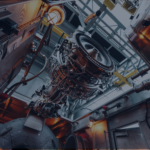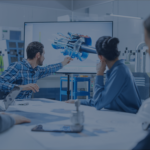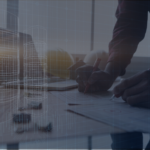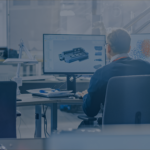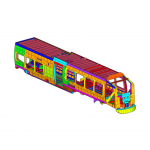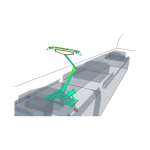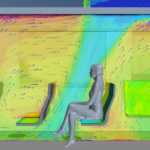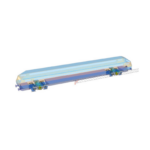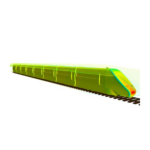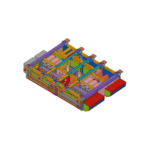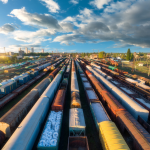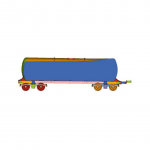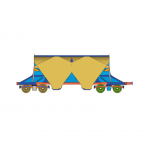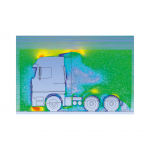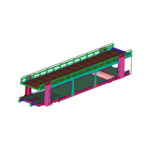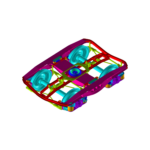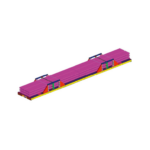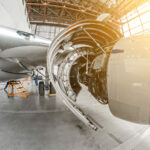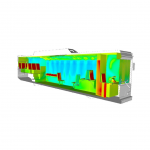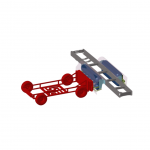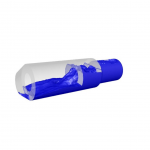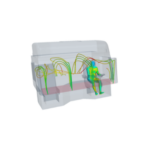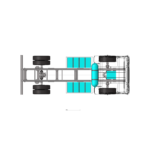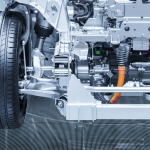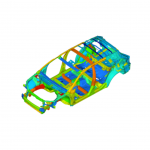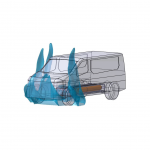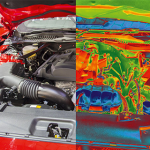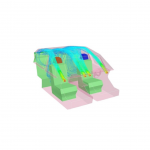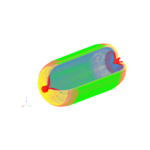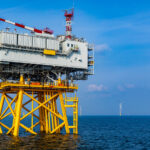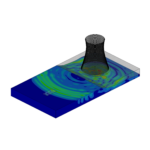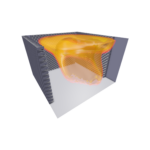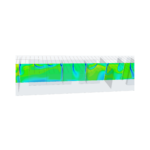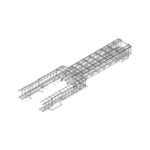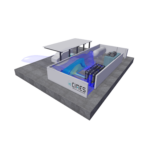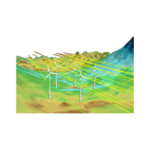
Expertises = fct(métiers)
Matrice de compétences métiers
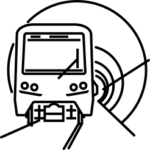
Carbody
Recherche de concept structurel innovant multi-materiaux

Crash & Biomécanique
Qualification des exigences de confort et de sécurité de marche

Dynamique
Qualification des exigences de confort et de sécurité de marche
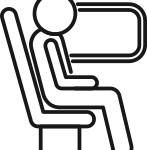
Confort climatique
Optimisation du confort climatique voyageurs

Thermique
Optimisation du refroidissement des équipements (coffres de traction, …)
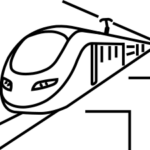
Aérodynamique
Détermination des efforts aérodynamiques

Acoustique
Évaluation des phénomènes aéro et vibroacoustiques

Chocs & Vibrations
Prédiction de la résistance aux sollicitations vibratoires

Éco-conception
Accompagnement a l’analyse du cycle de vie (ACV)
Matrice de compétences métiers
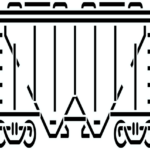
Primo conception
Recherche de concept structurel innovant

Épreuve & Fatigue
Tenue mécanique aux charges de services et exceptionnelles
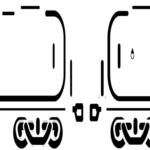
Accostage
Performances des sous-ensembles (absorbeurs, barres d’accouplement)

Expertise technique
Audit de défaillances et prolongation de la durée de vie des matériels

Dynamique
Qualification des exigences de sécurité de marche (refoulement, …)
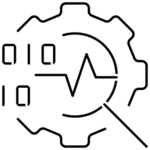
Maintenance 4.0
Monitoring du matériel roulant et définition des profils de vie
Matrice de compétences métiers

Vulnérabilité
Études et qualifications des équipements et systèmes clés (PàC, réservoirs, …)

Protection
Effets du blast sur l’intégrité structurelle & biomécanique
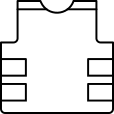
Matériaux
Caractérisation des lois matériaux à hautes vitesses de déformations
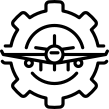
Fiabilité
Prédiction de la durée de vie & dimensionnement en fatigue

Acoustique
Évaluation des phénomènes aéro et vibroacoustiques
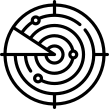
Architecture
Optimisation du ratio poids / puissance

Thermo-fluidique
Couplage thermo mécanique et refroidissement des équipements clés
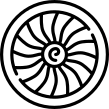
Combustion
Qualification des performances de combustion

Data management
Simulation multiphysique (MDO) et plans d’expériences automatisés
Matrice de compétences métiers

Crash & Certification
Dimensionnement par cosimulation et plan d’expériences automatisé

Vulnérabilité
Étude et intégration des équipements clés (pac, batteries, réservoirs)
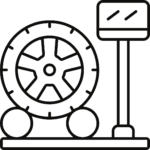
Fiabilité
Validation en fatigue du châssis et des équipements embarqués
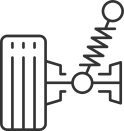
Dynamique véhicule
Évaluation du comportement châssis (exigences de confort et de sécurité)

Éco-conception
Accompagnement à l’analyse du cycle de vie (ACV)
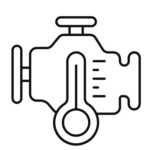
Thermo-mécanique
Fatigue thermo-mécanique et refroidissement des équipements clés

Maintenance 4.0
Prolongation de la durée de vie des matériels en exploitation
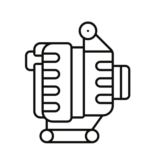
Autonomie
Optimisation de la consommation des équipements embarqués (HVAC, …)

Data management
Optimisation multi-disciplinaires (MDO) et plans d’expériences automatisés
Matrice de compétences métiers
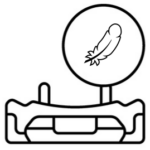
Allègement
Stratégies d’optimisation & lightweight conception

Sécurité passive
Dimensionnement au crash & évaluation des systèmes de retenue

Durabilité
Prédiction de la durée de vie & dimensionnement en fatigue

Dynamique véhicule
Évaluation des performances de sécurité et de confort dynamique

Thermo-fluidique
Validation des exigences de compatibilité thermique des équipements (batteries, …)

Vibroacoustique
Vérification des exigences NVH (Noise, Vibration & Harshness)
Matrice de compétences métiers

Résistance
Étude de scenarii exceptionnels (effondrement, séisme et incendie)
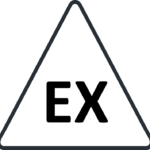
Dispersion AtEx
Dispersion atmosphérique de substances inflammables / explosives

Explosion
Simulation d’explosion et interactions Fluide-Structure

Thermique
Optimisation du refroidissement des équipements

Maintenance 4.0
Surveillance de l’évolution de l’endommagement structurel

Vibrations
Dimensionnement des dispositifs d’amortissement et de filtration

Acoustiques
Étude des perturbations acoustiques (sources solidiennes et aériennes)

Éco-conception
Accompagnement a l’analyse du cycle de vie (ACV)
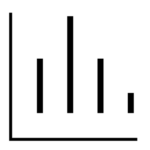
Supervision
Optimisation du rendement des installations
